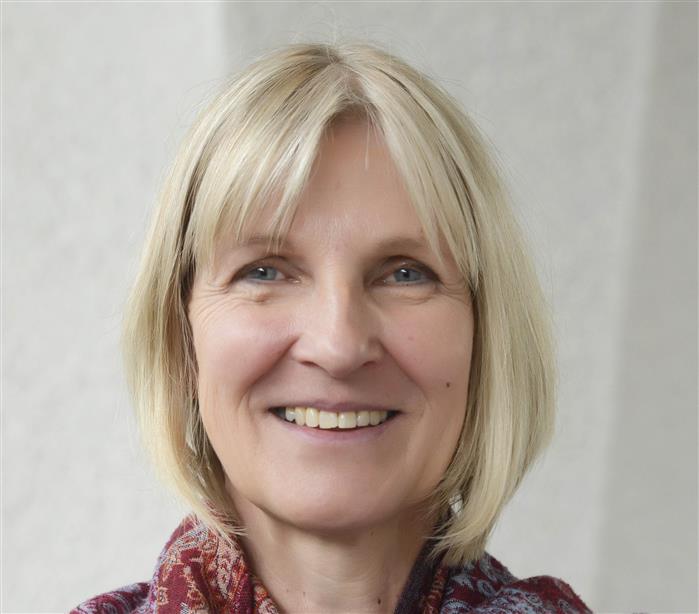
Dorothea Hoehtker is a senior researcher at the ILO RESEARCH department
How do Facebook, Instagram and other social media sites protect you, the consumer, from disturbing content on the web? Many of us think our computers’ sophisticated algorithms perform such constant editing, but algorithms are not able to make subtle distinctions, e.g. between art and pornography. Rather, technology companies rely on people to do this work. They are the so-called Commercial Content Moderators (CCM).
While CCMs remain largely invisible, some scholars, journalists and artists have started to bring attention to this workforce and the toll editing the Internet takes on them.


